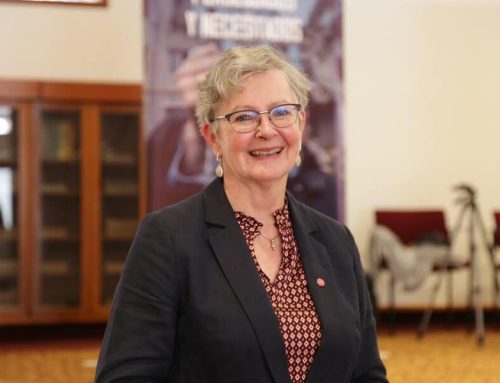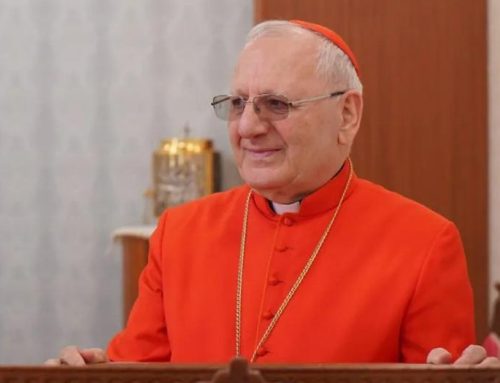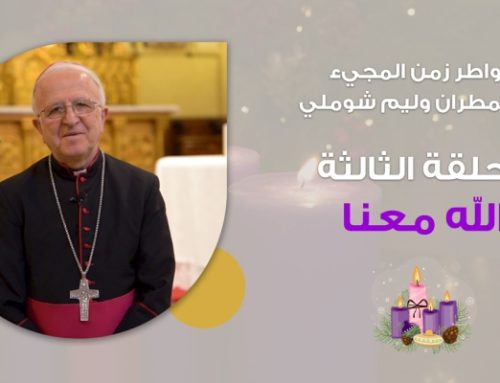
Meeting with Lutheran church leaders in Madagascar, Hanson said that “as we approach the commemoration of the 500th (observance) of the Lutheran Reformation, we share a deep commitment to our ongoing dialogues with the Catholic Church internationally and in the United States.
“His choice of the name Francis is a strong sign of his commitment to a life of prayer, simplicity, humility and solidarity with those who live on the margins of society. May the gifts of the Holy Spirit sustain him as we enter this holy calling,” Hanson said.
According to the Rev. Donald J. McCoid, assistant to the ELCA presiding bishop, executive for ecumenical and inter-religious relations, the election of Bergoglio “certainly brings a Holy Father to the world’s Catholics but also is very important for Christians throughout the world. Taking the name of Francis is very interesting to me, and I am sure many others. Francis of Assisi prayed before a crucifix and heard the words of Christ speaking to him, ‘Francis go and repair my Church ..’
“This signifies to me that Pope Francis realizes the simple life of Francis is important for leadership in the church, that there is the need for renewal in the church, and there is a call to a life dedicated to serving others . especially the poor,” said McCoid ,”Having a pope from the Americas is historic and does provide a new day for Christians in the global south. We join Catholics and others in praying for the new pope and for the hope that greater unity in Christ will be a renewing theme in his life and in the life of Christ’s church,he said.
In the United States, the ELCA and the U.S. Conference of Catholic Bishops have been in ongoing discussions for more than 30 years. Each round covers a specific topic important for the life and vitality of both communions. ELCA leaders met with Pope Benedict XVI and other Roman Catholic Church leaders at the Vatican in 2012 to present “The Hope of Eternal Life”, a common statement from the eleventh round of dialogues — to Cardinal Kurt Koch, president of the Pontifical Council for Promoting Christian Unity.
The common statement offers insights into some issues that proved contentious in the debates of the 16th century, such as the communion of saints, prayers for or about the dead, the meaning of death, purgation, the promise of the resurrection and more.
Hanson said the new round of dialogues, “Ministries of Teaching:
Sources, Shapes and Essential Contents,” will address areas of morality, ethics and theology, “looking at the Bible as an authoritative source for teaching ministries, as well as the international dialogue through The Lutheran World Federation and the Vatican.”
In 2009, Lutherans and Catholics celebrated the 10th anniversary of the signing of the Joint Declaration on Doctrine of Justification — recognized as a significant achievement in the history of Christian ecumenical relations. Signed by representatives of The Lutheran World Federation and the Catholic Church in Augsburg, Germany, the agreement declares that The Lutheran World Federation and the Catholic Church have reached a common understanding on justification, agreeing that believers are saved by faith in Jesus Christ and not by works.
The Lutheran World Federation is a global communion of 143 member churches in 79 countries worldwide. The ELCA is the communion’s only member church from the United States.
By: The Evangelical Lutheran Church in America (ELCA)





